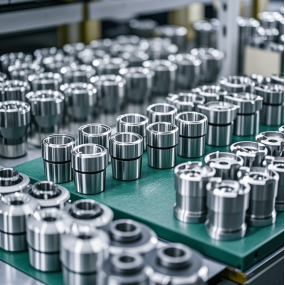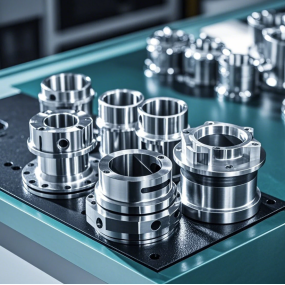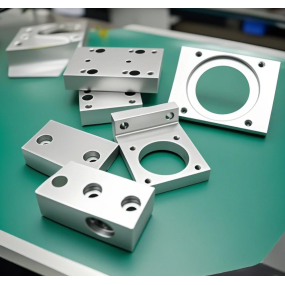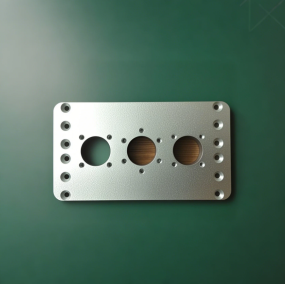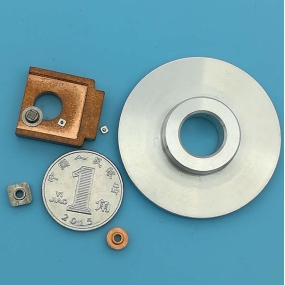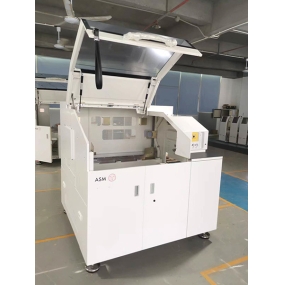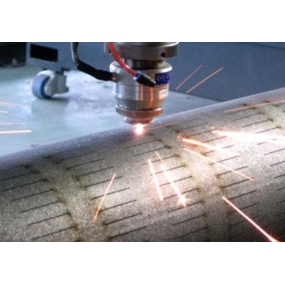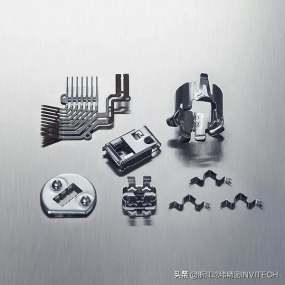The processing requirements of CNC Machining are very extensive, covering multiple aspects from simple part manufacturing to complex mold and component processing. These demands mainly come from various industries such as manufacturing, automotive, aerospace, medical equipment, and electronic devices. 1. High precision machining requirements: Many CNC machined parts require micrometer level precision, especially in fields such as aerospace and medical equipment, where high precision and surface quality are required for the parts. The high-precision control system and advanced cutting tools of CNC machine tools can meet these needs. Processing of complex shapes and structures: CNC machining can handle various complex geometric shapes and structures, such as curves, surfaces, grooves, holes, etc. This makes CNC machining significantly advantageous in fields such as mold manufacturing and component processing. 3. Efficient mass production: CNC machining can automate complex cutting operations, greatly improving production efficiency. Especially in situations where large-scale production is required, CNC machining can significantly reduce labor costs and improve production speed. 4. Material diversity: CNC machining can process various materials, including metal, plastic, wood, etc. Different materials require different cutting tools and cutting parameters, and the flexibility and programmability of CNC machine tools enable them to adapt to the processing needs of various materials. 5. Customized processing: CNC machining can be customized according to the specific needs of customers. Whether it is the size, shape, or material of the parts, they can be adjusted and optimized according to the customer's needs. 6. Rapid prototyping: During the product development phase, CNC machining can quickly produce prototypes of parts for functional validation and performance testing. This is of great significance for shortening the product development cycle and reducing development costs.
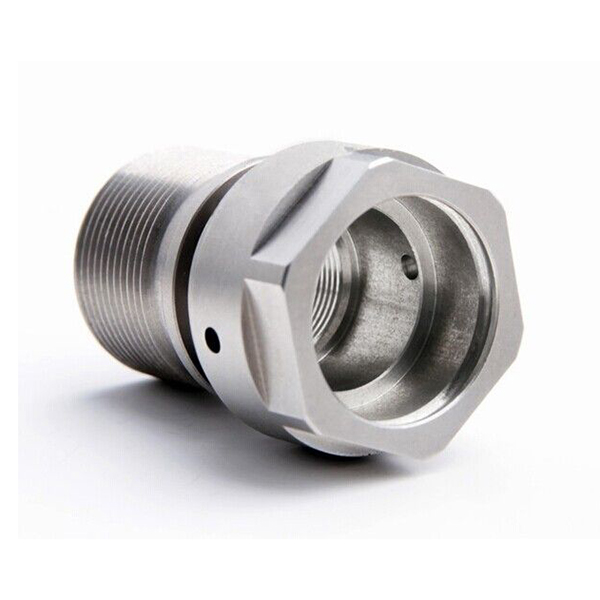


 Spanish
Spanish Arabic
Arabic French
French Portuguese
Portuguese Belarusian
Belarusian Japanese
Japanese Russian
Russian Malay
Malay Icelandic
Icelandic Bulgarian
Bulgarian Azerbaijani
Azerbaijani Estonian
Estonian Irish
Irish Polish
Polish Persian
Persian Boolean
Boolean Danish
Danish German
German Filipino
Filipino Finnish
Finnish Korean
Korean Dutch
Dutch Galician
Galician Catalan
Catalan Czech
Czech Croatian
Croatian Latin
Latin Latvian
Latvian Romanian
Romanian Maltese
Maltese Macedonian
Macedonian Norwegian
Norwegian Swedish
Swedish Serbian
Serbian Slovak
Slovak Slovenian
Slovenian Swahili
Swahili Thai
Thai Turkish
Turkish Welsh
Welsh Urdu
Urdu Ukrainian
Ukrainian Greek
Greek Hungarian
Hungarian Italian
Italian Yiddish
Yiddish Indonesian
Indonesian Vietnamese
Vietnamese Haitian Creole
Haitian Creole Spanish Basque
Spanish Basque

